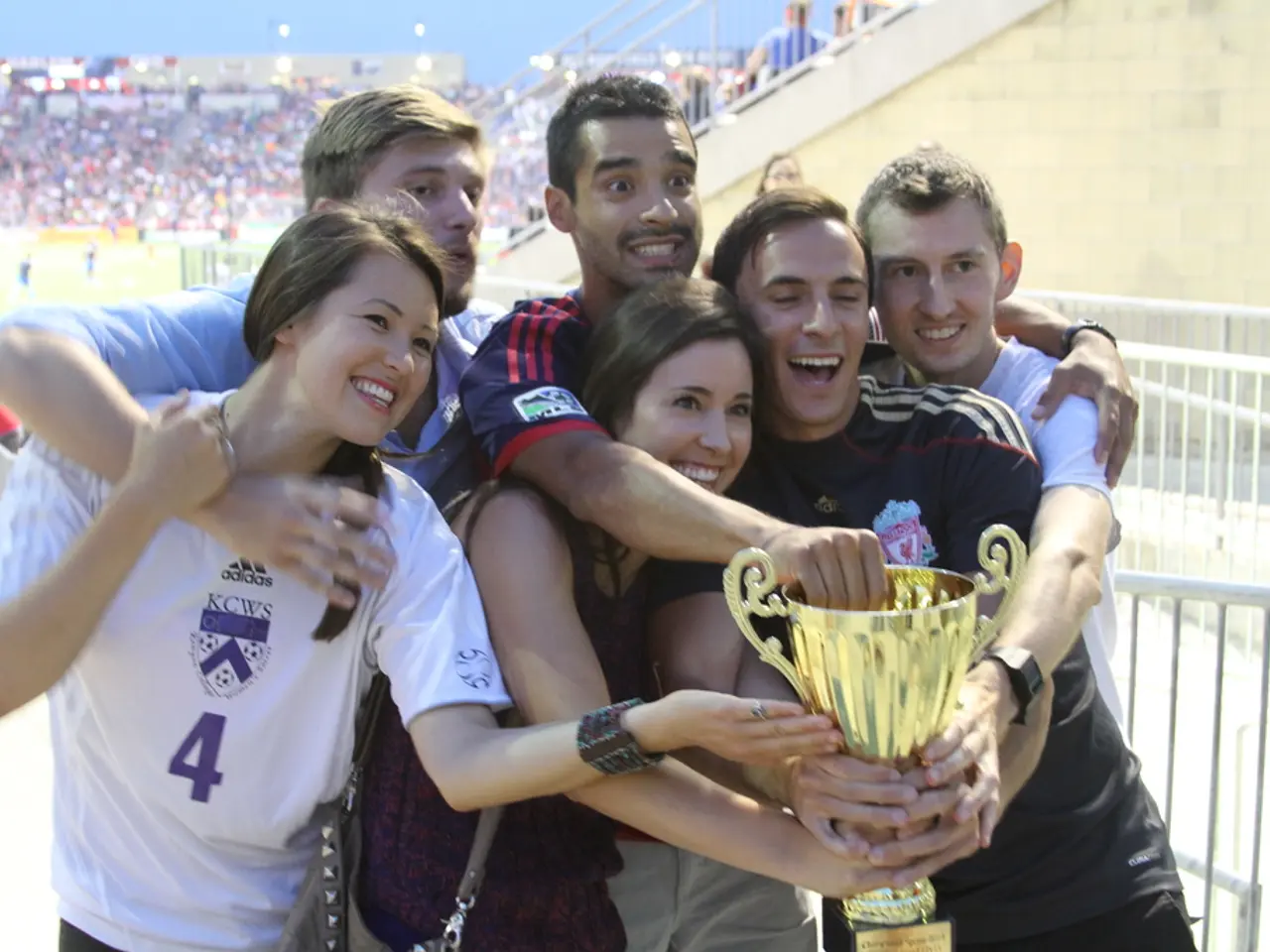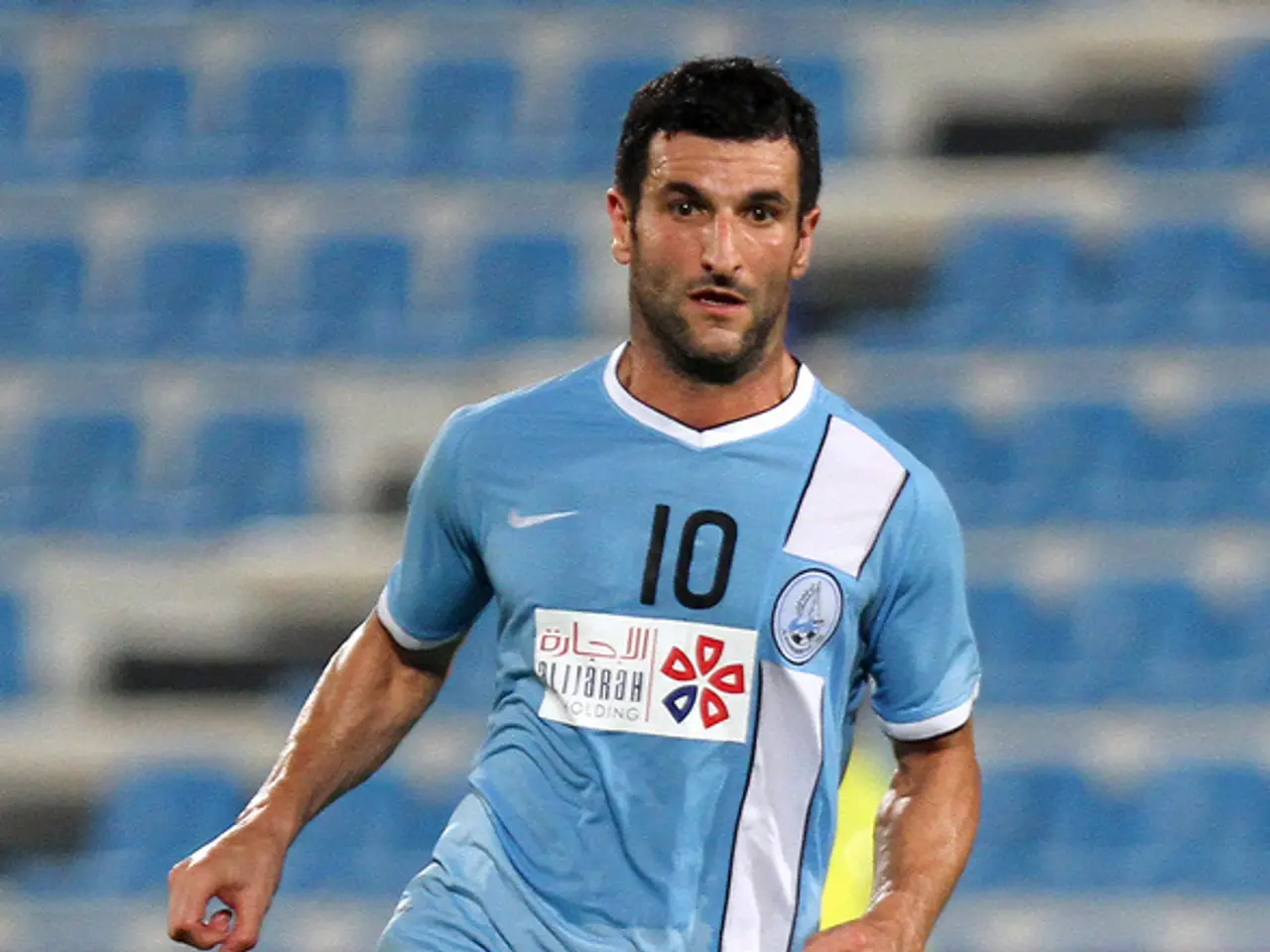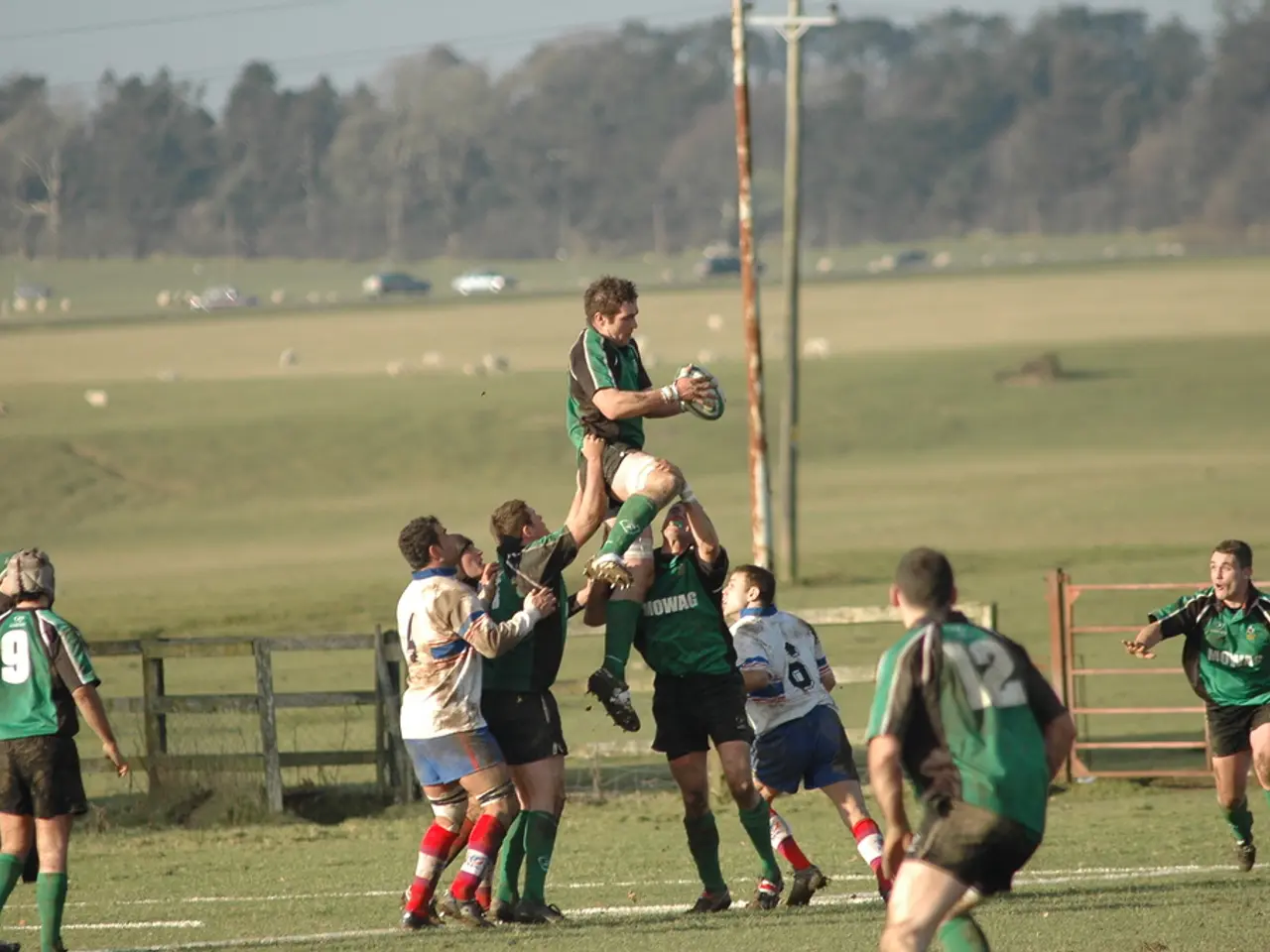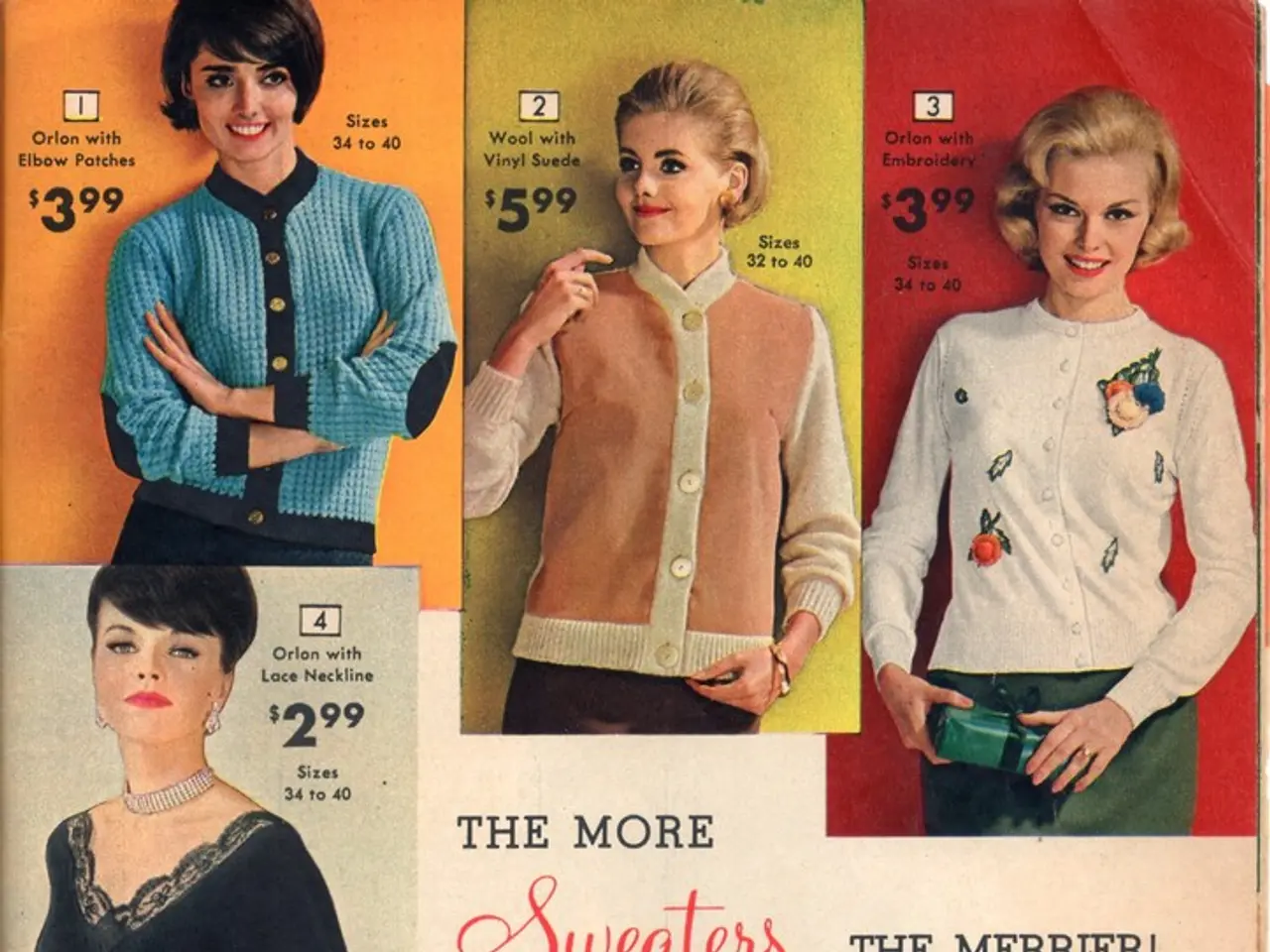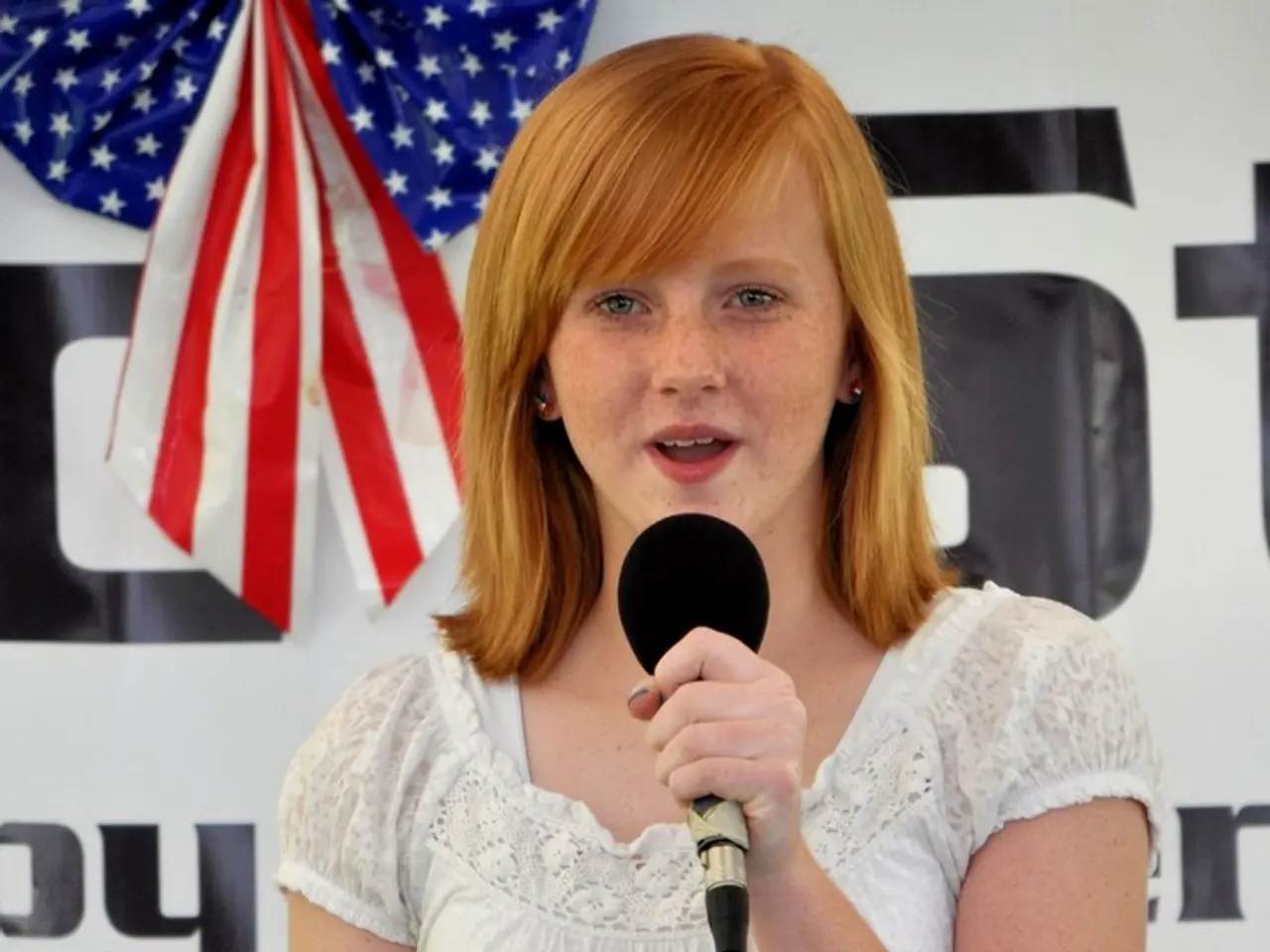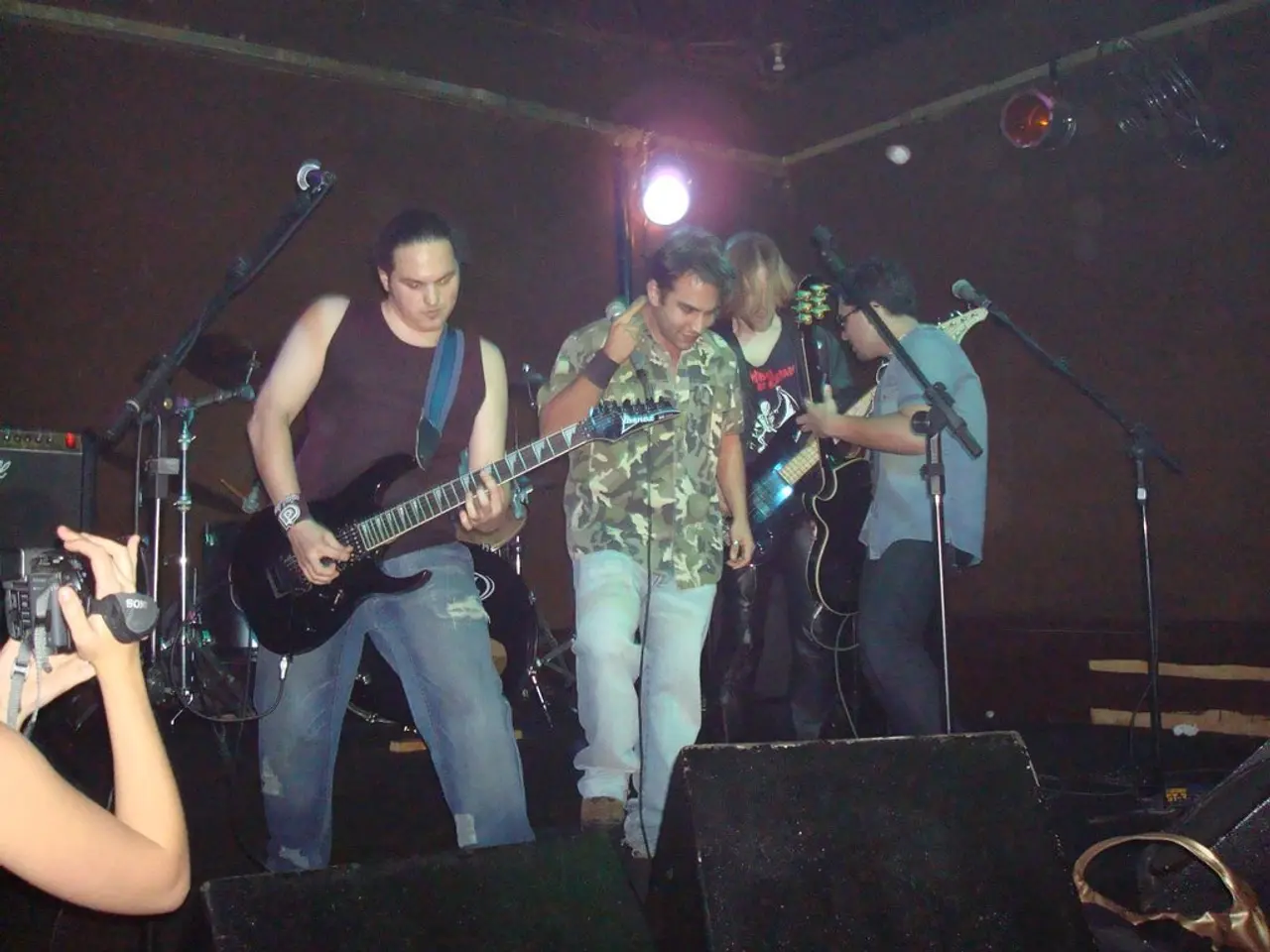Fencer Olga Kharlan from Ukraine voices concerns about the future of the sport in the Olympics
In a move that has sparked significant controversy and concern among fencers, particularly Ukrainian fencer Olga Kharlan, the International Fencing Federation (FIE) has decided to relax its neutrality rules, allowing Russian military-affiliated athletes to compete by simply signing a declaration of neutrality without independent verification.
Key reasons for the controversy include a lack of independent vetting, the allowance of Russian military athletes, and the perceived political ties within the FIE. Previously, Russian and Belarusian athletes had to undergo strict, independent checks – including by cybersecurity firms and lawyers – to prove their neutrality before competing. Now, a simple sworn statement suffices, which many see as insufficient and easily abused.
Athletes with direct ties to the Russian military, such as Sofya Velikaya, a major in the Russian army and a highly decorated fencer, are now eligible to participate despite their military affiliations. This is particularly taboo given ongoing Russian military aggression in Ukraine. The decision is viewed as a betrayal by Ukrainian fencers and sports officials who consider it a disregard for the ongoing war and injustice.
Olga Kharlan, who was famously disqualified for refusing to shake hands with a Russian opponent in 2024 as a protest against the war, signed an open letter condemning the FIE’s policy change alongside 447 other international fencers. This letter criticizes the removal of thorough checks, warning that it undermines the sport's integrity and neutrality, and risks legitimizing athletes associated with the aggressor state.
The controversy is heightened by the fact that FIE president Alisher Usmanov is known to be closely linked with Russian President Vladimir Putin, leading to accusations that the move is politically motivated and not in the spirit of fair play or peace.
Ukrainian fencer Olga Kharlan, the country's most successful Olympian, has expressed concern about the future of fencing in the Olympics due to the FIE's relaxed neutrality rules. The open letter, organized by the athlete-led movement Global Athlete, expresses "deep concern and disagreement" with the FIE’s decision to abandon its independent vetting process.
The FIE has defended its position, stating that the decision reflects its "commitment to peace" and that athletes "must not bear the consequences of geopolitical events beyond their control." Despite this, the controversy continues to rage on, with many questioning the integrity and impartiality of the FIE in light of its recent decision.
[1] BBC News, "Fencing body allows Russian athletes to compete without checks," 2023. [2] The Guardian, "Fencers protest as International Fencing Federation relaxes rules for Russian athletes," 2023. [3] Reuters, "Ukrainian fencer Kharlan criticises FIE's decision to allow Russian athletes to compete," 2023. [4] CNN, "Olga Kharlan signs open letter condemning FIE's policy change," 2023.
- The international media has widely reported on the controversy surrounding the International Fencing Federation's (FIE) decision to allow Russian military-affiliated athletes to compete, a move that many fencers, particularly from Ukraine, consider a disregard for the ongoing conflict in the region.
- Critics of the FIE's policy change argue that the lack of independent vetting, the allowance of Russian military athletes, and the perceived political ties within the organization undermine the sport's integrity and neutrality, and risks legitimizing athletes associated with the aggressor state.
- The controversy is further heightened by the fact that FIE president Alisher Usmanov is known to be closely linked with Russian President Vladimir Putin, leading to accusations that the move is politically motivated and not in the spirit of fair play or peace.
- In response to the controversy, Ukrainian fencer Olga Kharlan, along with 447 other international fencers, signed an open letter criticizing the removal of thorough checks, warning that it could jeopardize the future of fencing in the Olympics and the sport's overall integrity.
